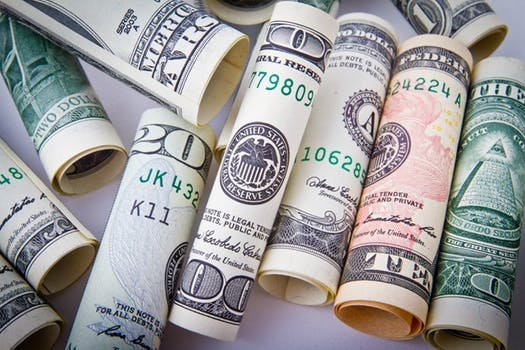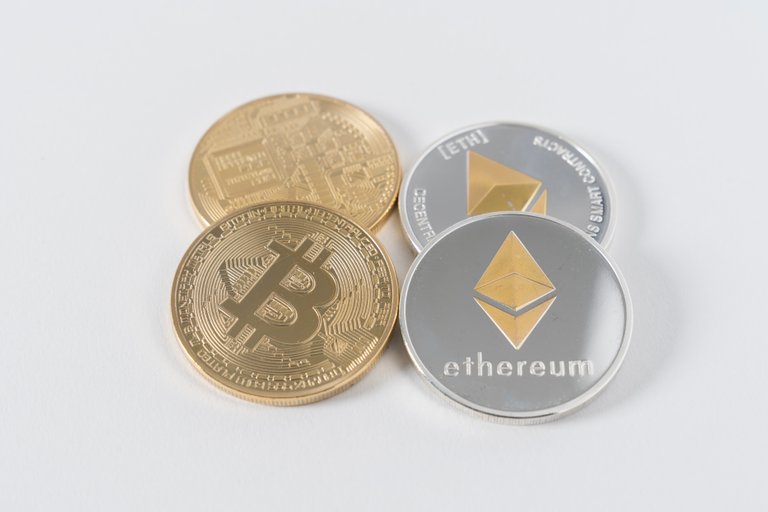
Money provides such an advantage over barter, that it is indispensable for a functioning economy today. Modern civilization has been accustomed to a government or pseudo-government entity creating and maintaining a money supply. Indeed, these currencies have dominated the economy across the globe throughout living memory. Recently, cryptocurrencies have been on the rise, but they are far from replacing dollars, pounds, and yuan. In a truly free society, how would money be provided for the economy?

In short, it would be provided the same way all goods and services are provided in a free society: by mutually voluntary human interactions in the market. Without a government-mandated currency — printed with a legal obligation to accept it in payment of debts — people would be free to produce or accept any currencies they choose.
A variety of alternative currencies have been offered over time, but governments are typically opposed to currencies (or any other services…) that can compete with their own. China recently prohibited ICOs. The U.S. is prosecuting men for selling Bitcoin. Although Bernard von Nothaus got a fairly light sentence after being accused of domestic terrorism for his Liberty Dollar alternative currency, Jonathan May was imprisoned for years for attempting to create a non-fractional reserve alternative to the Federal Reserve system. In a free society, all cryptocurrencies would be free to compete on the open market with privately manufactured specie and paper instruments.

Likely, no more than a handful of currencies would come to dominate a free society’s economy. Bitcoin would be a strong contender, given its current dominance of the cryptocurrency market, but Monero‘s focus on privacy with its usability being as broad as Bitcoin’s thanks to XMR.to could give it an advantage. Some people would prefer paper instruments, which would essentially be I.O.U.s backed by an individual’s or corporation’s creditworthiness and assets. Traditional specie might be used by those who prefer their currency to have intrinsic value. Specie could be issued expressly after the manner of the aforementioned Liberty Dollar, or metal bars and rounds manufactured by such companies as Kitco, Apmex, and JM Bullion could be pressed into service as currency. Similarly to the issuing of paper instruments in a free society, a company’s reputation would affect the value of their issued currency. Of course, just as with government currencies, paper instruments and even gold and silver currencies could be exchanged digitally.
To summarize, without governments disrupting the market for money, the market would provide a diverse array of currencies to fit the needs and preferences of all consumers, and the economy would continue to function with the competing monies.